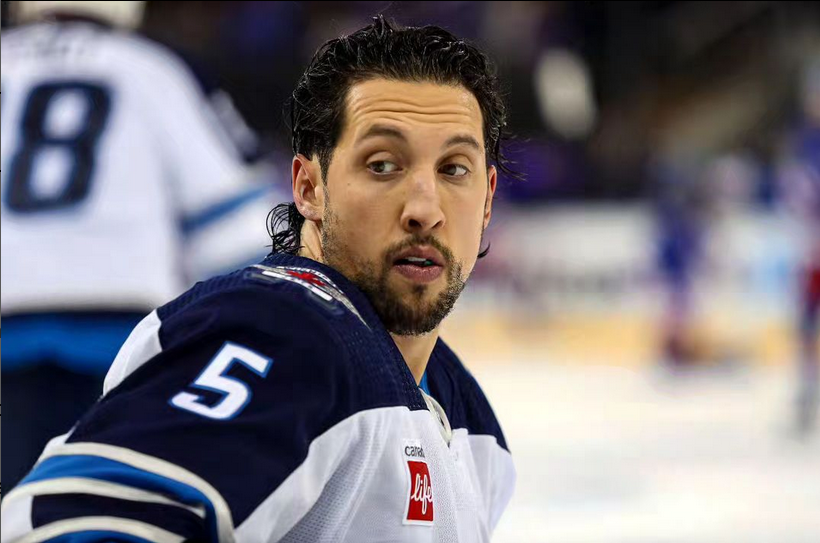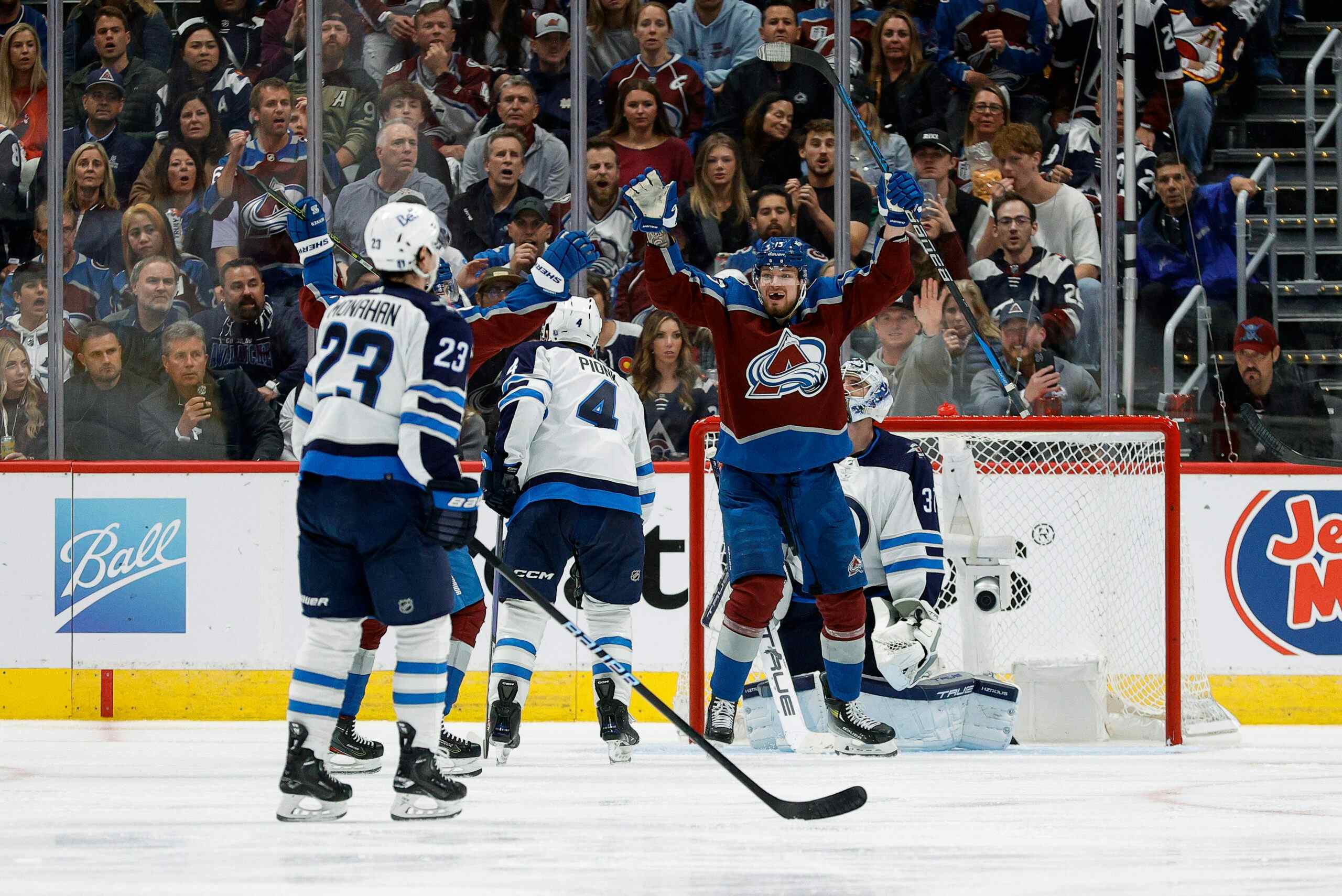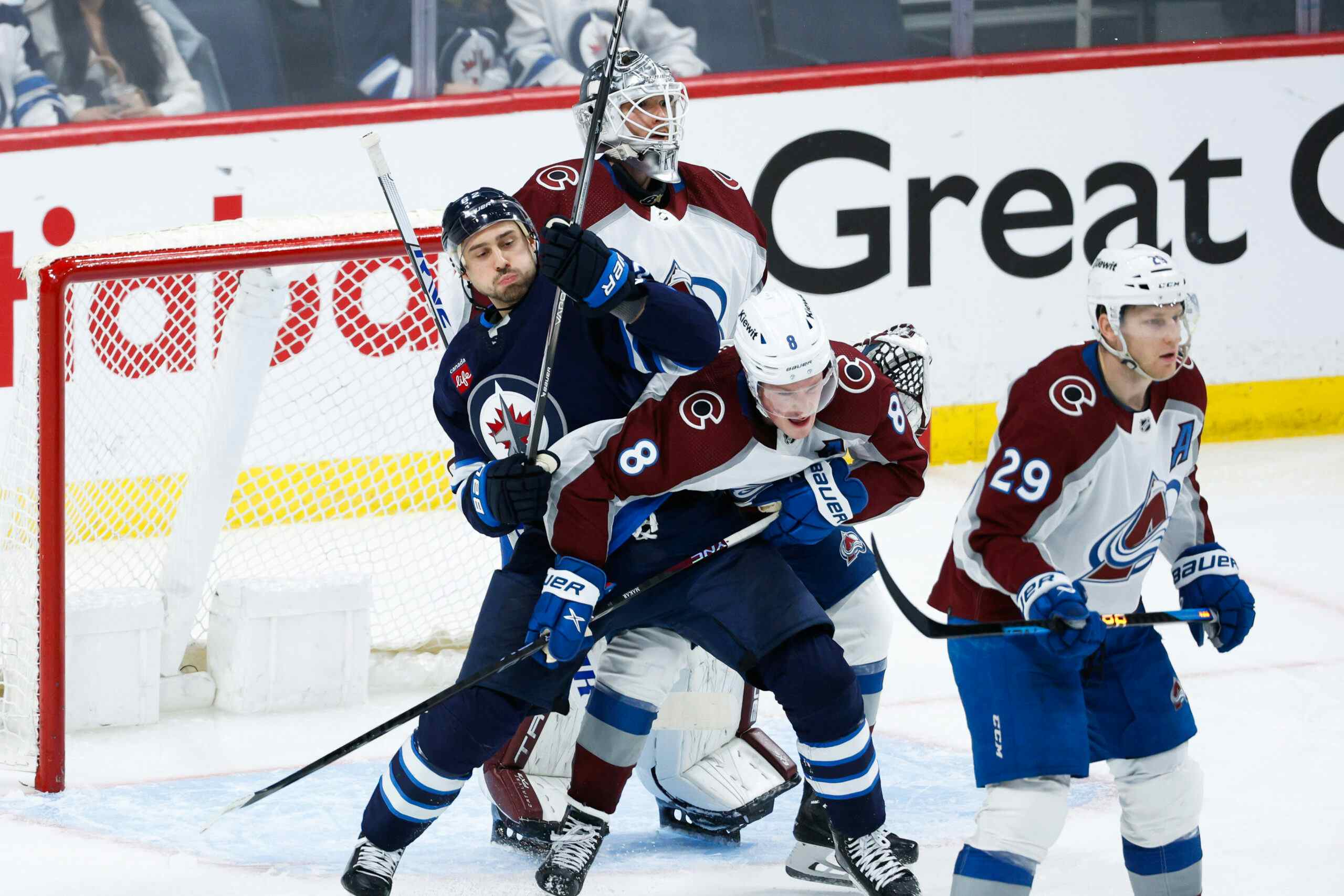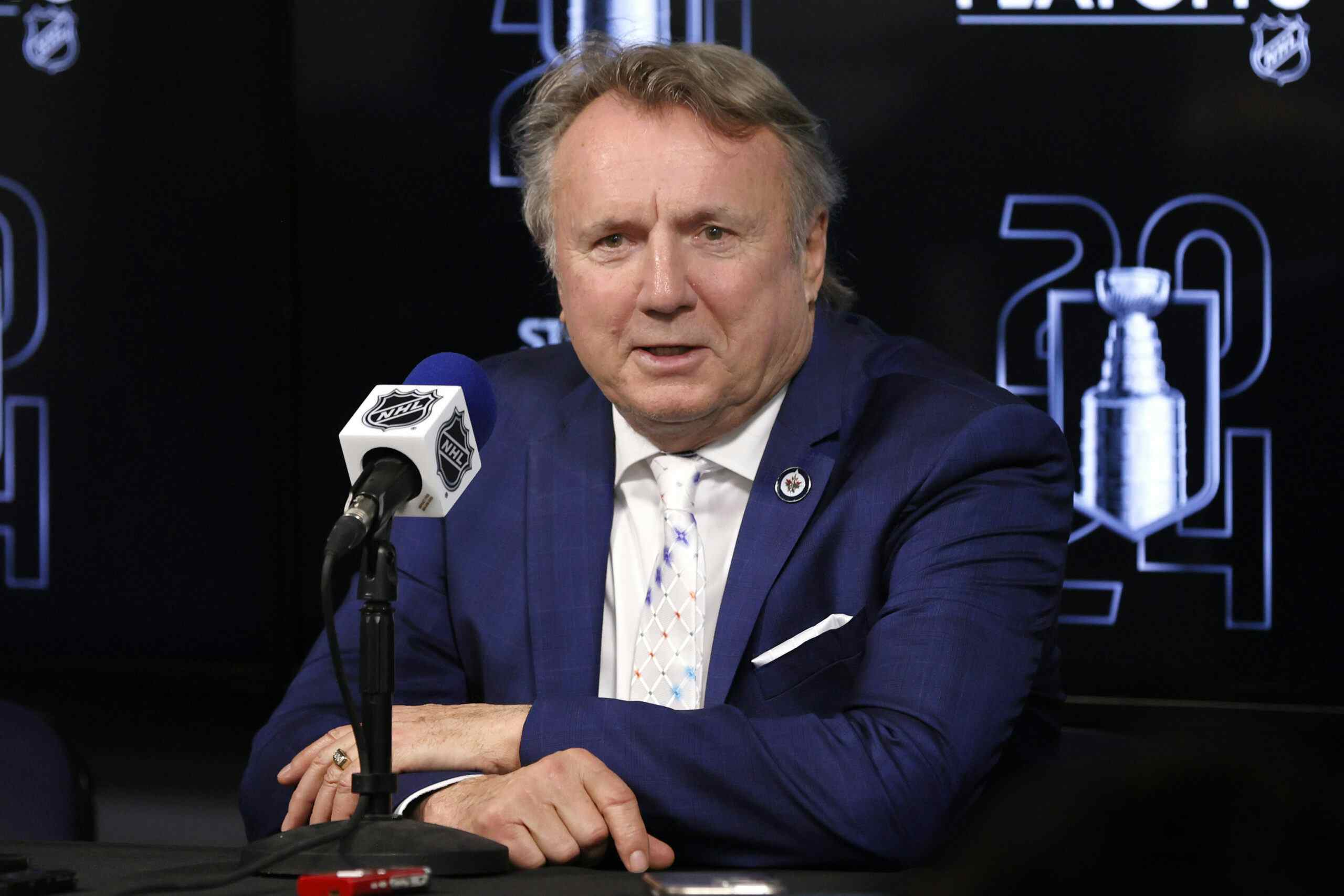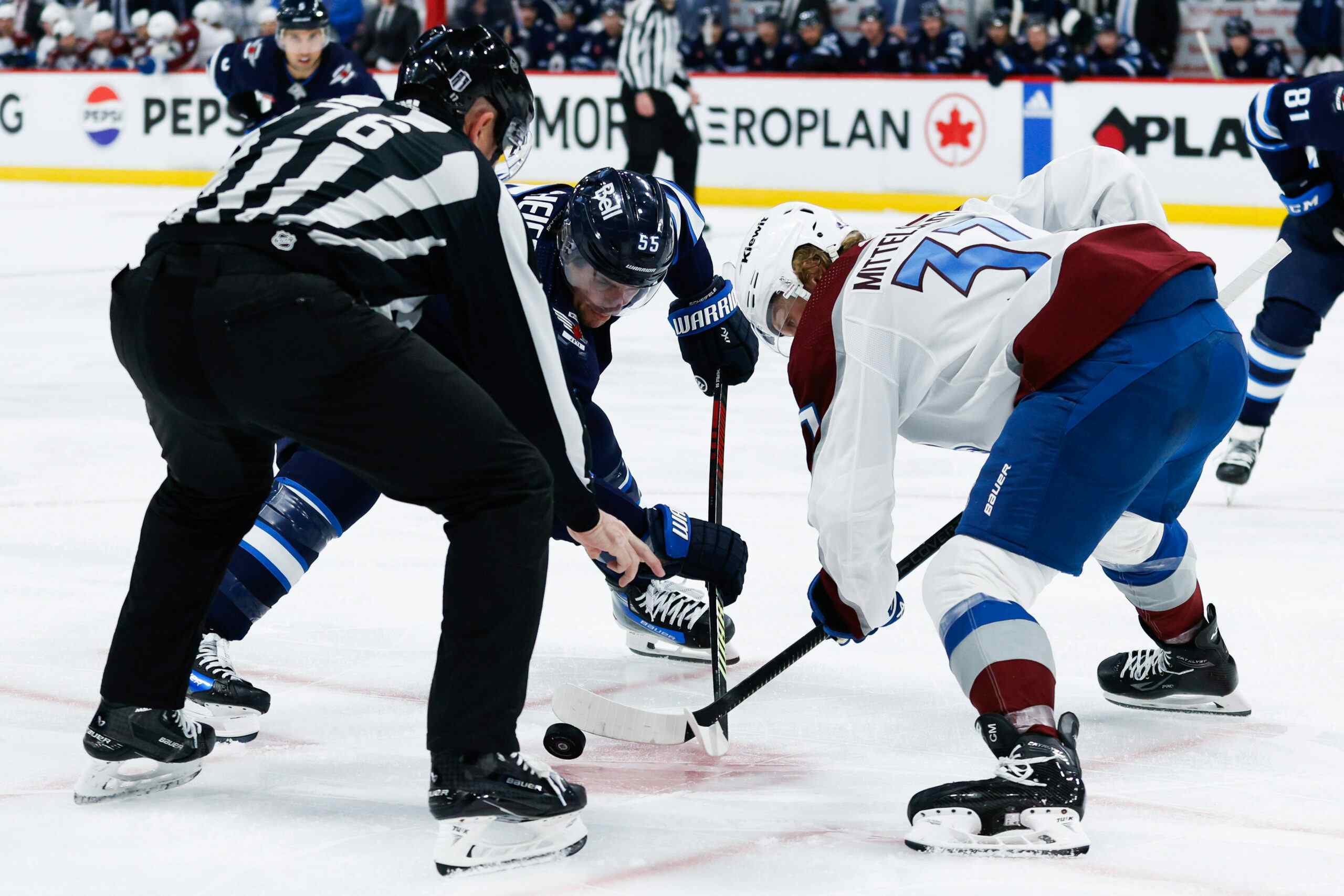On Violence: Steve Downie and Toxic Culture in Hockey
There is a big part of me that has always wanted to view hockey as a sport for good people.
The motivation for this is, at least in part, self-serving. I devote many hours of my time every year to hockey. I watch well over 82 games a season and there are hockey-based publications I read every day. I find myself emotionally involved in the fate of my team. I get excited by the potential for improvement in every offseason.
Hockey, for me, is largely a distraction. It’s a partially isolated world that has its own history, politics, culture and economy. I can follow particular narratives and I can analyze gameplay and management. I can trace the progressions of individuals and teams, achieve satisfaction in their success or disappointment in their failure.
It makes sense for me to want to view my favourite pastime as a good one—and to hope that most of those involved with it at the professional level are mostly good people.
Some recent developments are encouraging. Partly in response to new research being done on the effects of concussions and repeated head trauma on mental health, violence in hockey has been on the decline, and fighting hit its lowest level since 1968 in the 2015-2016 season.
| Season | Games | Fights* | Fights Per Game | Games With Fights | % of Games With Fights | Games With More Than One Fight | # of players who fought** |
|---|---|---|---|---|---|---|---|
| 2016-17+ | 1230 | 384 | 0.31 | 306 | 24.88% | 62 | – |
| 2016-17 | 631 | 197 | 0.31 | 157 | 24.88% | 32 | 204 |
| 2015-16 | 1230 | 344 | 0.28 | 288 | 23.41% | 50 | 269 |
| 2014-15 | 1230 | 391 | 0.32 | 331 | 26.91% | 45 | 276 |
| 2013-14 | 1230 | 469 | 0.38 | 366 | 29.76% | 78 | 288 |
| 2012-13 | 720 | 347 | 0.48 | 264 | 36.67% | 66 | 245 |
| 2011-12 | 1230 | 546 | 0.44 | 423 | 34.39% | 98 | 321 |
| 2010-11 | 1230 | 645 | 0.52 | 458 | 37.24% | 117 | 348 |
| 2009-10 | 1230 | 714 | 0.58 | 493 | 40.08% | 171 | 341 |
| 2008-09 | 1230 | 734 | 0.60 | 509 | 41.38% | 173 | 355 |
| 2007-08 | 1230 | 664 | 0.54 | 473 | 38.46% | 143 | 324 |
| 2006-07 | 1230 | 497 | 0.40 | 384 | 31.22% | 87 | 292 |
| 2005-06 | 1230 | 466 | 0.38 | 357 | 29.02% | 80 | 276 |
| 2003-04 | 1230 | 789 | 0.64 | 506 | 41.14% | 172 | 340 |
| 2002-03 | 1230 | 668 | 0.54 | 464 | 37.72% | 139 | 321 |
| 2001-02 | 1230 | 803 | 0.65 | 519 | 42.20% | 172 | 348 |
| 2000-01 | 1230 | 684 | 0.56 | 469 | 38.13% | 155 | 329 |
Chart courtesy of HockeyFights.com.
But even as we see the hockey community as a whole move to erase senseless violence from the confines of the game, off-ice incidents of violence continue to plague the NHL.
Disturbing assault allegations against Kings defenceman Slava Voynov emerged in 2014. He was suspended indefinitely by the NHL while the case was pending, and was eventually sentenced to 90 days in jail. He currently plays for St. Petersburg of the KHL.
We’ve seen the absolutely harrowing sexual assault allegations against Mike Ribeiro in 2015. He didn’t miss a game that season and continues to play for the Nashville Predators.
Blackhawks star Patrick Kane has been the subject of several allegations, dating back to his assault on and robbery of a cab driver in 2009. In 2015, he was investigated following rape allegations but was not suspended by the league. When the case was dropped, the NHL had this to say about the matter.
The examples at both the professional and amateur levels are many.
Most recently, the NHL had nazi sympathizer Bobby Hull drop the puck with son Brett at the 2017 Winter Classic between the Blues and the Blackhawks. Bobby Hull has been accused of domestic abuse and pleaded guilty to assaulting a police officer. You can read all about Hull’s sordid past here.
All this is to say: when Steve Downie teed off on Twitter this past holiday season, he was right about one thing.
Hockey culture is still broken. Bobby Hull dropping a meaningless ceremonial puck at the latest outdoor money-grab extravaganza proves it.
Maybe player safety has become a more central conversation in recent years. But while fans still stand in their seats to cheer as two grown men stop the game to punch each other in the face, the problem will persist. Hockey is a product sold, in part, through violence. We need to show the NHL that we as fans consume hockey for other reasons.
Can we as fans be in favour of protecting the health of those who play our sport while still responding positively to the antiquated violent sideshow that is the hockey fight (one that has been shown to have no effect on the actual outcome of a game)? Can we claim to believe women, and to be against physical and sexual violence, while remaining silent as the NHL allows players like Mike Ribeiro and Patrick Kane to go without suspension, even while under investigation?
The Sabres suspended Evander Kane one game for sleeping in and missing practice last February, but not at all following any one of the slew of allegations, both criminal and non-criminal, made against him since joining the organization. The NHL itself did nothing.
The NHL as an organization needs to stop saying one thing and doing another. Is say this, and yet I’m hard-pressed to find even one instance of the league publicly denouncing sexual assault or domestic abuse. We as fans of the game need to demand a more consistent and positive message—even if it means our teams’ stars are absent from the ice because of it.
In his much publicized Twitter rant, Steve Downie was also wrong about something. He appears to shirk responsibility for his actions—to blame the violence he inflicted as a player on the culture of toxic masculinity itself. And while these types of behaviours are a product of that culture, it’s the responsibility of individuals to always act with respect and concern for others in mind.
Players can do this by refusing to fight, by never laying the dangerous hit from behind or taking the head shot. Off the ice, they can act with integrity, with great respect for the lives and wellbeing of others.
We as fans can do this by denouncing and refusing a product sold to us through violence at the cost of the individuals who create it. We can also demand accountability from those same individuals off the ice. In cases where such accountability is not maintained, we as a community must demand action from the league until due process is served.
Furthermore, we have to teach our young men these same tenants of respect and integrity, while debunking the myths of entitlement and aggression. We have to redefine masculinity—at the youth sport level and beyond.
I’m a hockey fan because I can disappear into the world of the sport, and in doing so, experience a range of emotions. At the same time, I can reemerge and turn it off. I can return to my “real” life and leave the sport behind.
I used to view hockey as a pursuit with fairly minute consequences in other aspects of my life. But that’s not the case. The negative effects of toxic masculinity in the sport are all around us. At times, the cost is more than anyone should ever have to bear.
I’m not the first person to write on this topic. I don’t think I’ll be the last.
Recent articles from Curtis LeBlanc

